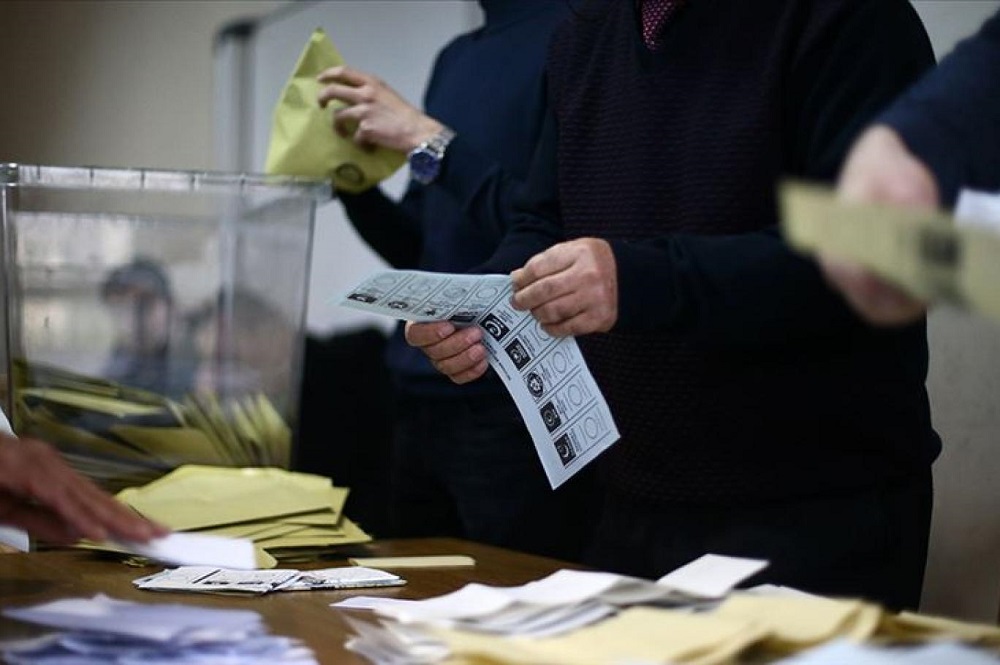Will the catastrophe in Turkey change the country's position in the South Caucasus? Comment from Baku
Earthquake in Turkey
The catastrophic earthquake in the central and southern parts of Turkey which claimed tens of thousands of lives also threatens the country’s financial and political stability, political analysts say, which may temporarily see it change its attitude towards regional and world politics. Political scientist Farhad Mammadov believes that Azerbaijan and Turkey have already cemented their strategic relationship, and changes in the neighboring country, as well as in its influence on the rest of the world, will not affect bilateral relations between Baku and Ankara.
- Ruben Vardanyan leaves Karabakh? Comment from Baku
- “There is no political will in Georgia to fight disinformation” – Transparency International
- Demographic situation in Armenia
Questions hanging in the air
According to political scientist Farhad Mammadov, after the devastating earthquake in Turkey, “numerous questions are hanging in the air, the answers to which cannot be formulated in the near future.”
Mammadov drew attention to presidential and parliamentary elections in Turkey scheduled for May 14:
“Will they happen at the stated time in May? I think so. This is the government’s decision, and since the aftershocks in the economy will only increase in the next couple of years, their ratings will suffer more. Turkey will have to borrow money to recover, printing lira will lead to even more inflation.
Along with this, the earthquake reminds them of the 1999 earthquake, which led to a political and economic crisis after which Erdogan came to power, and he was able to restore and develop the country. In other words, Erdogan has experience in recovery.”
International participation in recovery and its costs
Mammadov says that “not only Turkey is preparing for the elections in Turkey.”
“Partners and opponents of Erdogan in the international arena have taken actions behind the scenes to support both Erdogan and his rival, who has not yet been announced.
What will happen after the earthquake? I think the West will not rush to financially support the current Turkish government, and this will limit Turkey’s activity. It depends on how deep the crisis goes.
Erdogan’s overarching goal is to hold on to power and prevent the crisis from deepening.”
Within a month the scale of damage, the recovery period and the views of the main internal and external actors will be clear, Mammadov believes.
“Turkey will have limited resources … [and] … there is development inertia – economic, technological and political. In international politics Turkey will continue to be active for a long time, regardless of who is in power.
Turkey has entered so many places in the world, and so deeply that it is no longer possible to leave, nor is it in the interests of numerous partners, including Azerbaijan, NATO countries, Ukraine, Russia, Iran, Israel, the Balkan countries of Central Asia, the Islamic world, Africa.
Turkey’s foreign policy is, after all, not only the ruling power, but also the army, the economy, and the opinion of the people.”
And what about the South Caucasus?
“The role of Turkey in our region is formed in alliance with Azerbaijan and strategic partnership with Georgia, and this was formed on a project basis, institutionalized in a trilateral format.
All these years Azerbaijan has systematically filled trilateral cooperation with content, and strategic projects have been undertaken in partnership. Turkey’s strength lies in the strength of its allies and the synergy of interaction. In regional axtivities, Azerbaijan has the full support of Turkey – the political leader, the Turkish people and the army.
After the Shusha declaration, this was cemented and is supported by all the main political forces in Turkey,” Mammadov says.
“If anyone in Armenia, Iran and France can have hopes that the limitation of Turkey’s resources in the coming years will create the conditions for a change in the situation, that Ankara can be persuaded to do something that it did not do before the earthquake, they will be disappointed.
The protest on the Lachin road will continue unto its logical conclusion. The Vardanyan Project is being rethought by Moscow, since it had the opposite effect — the strengthening of the West in Armenia, the actual loss of Russia’s exclusivity on the road, and the deepening of hopelessness among the Armenians of Karabakh.”
Conclusions
“Answers to questions will not come soon, and there are even more variables, but this does not affect the situation on the ground.
The tradition of the last two years is to clarify positions after the snow melts, increase pressure on the negotiation platform, and persuade Armenia into substantive negotiations. Azerbaijan has these abilities. The earthquake in Turkey affects the situation in the region, but Azerbaijan’s own resources allow it to pursue its agenda,” he concluded.




















